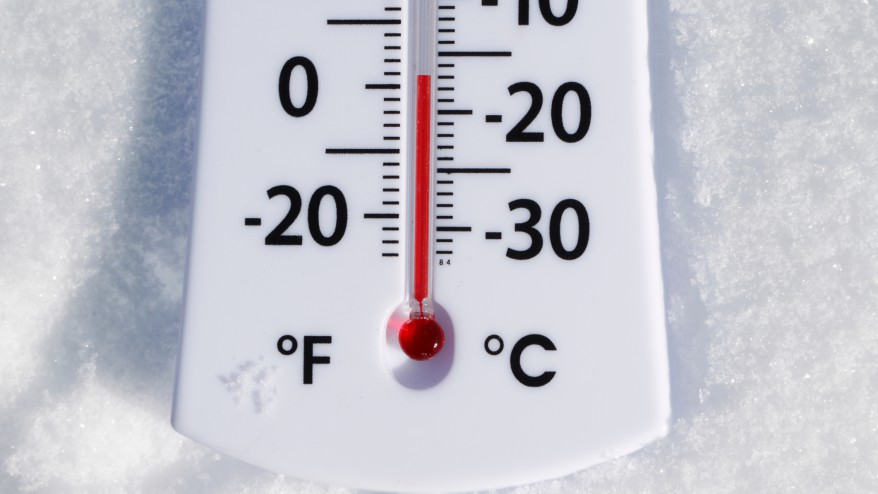What is the buzz this summer? Mosquitoes!
With the wet conditions this summer the mosquitoes have now come out in full force! While the little pests can transmit troublesome viral illnesses, the most common result here in Minnesota is an annoying bug bite that is itchy and irritating. Treatment for these itchy bug bites can include ice and over the counter anti-itch creams such as hydrocortisone. What is better than treatment, however, is taking steps to avoid getting bitten by these insects!
Read More






